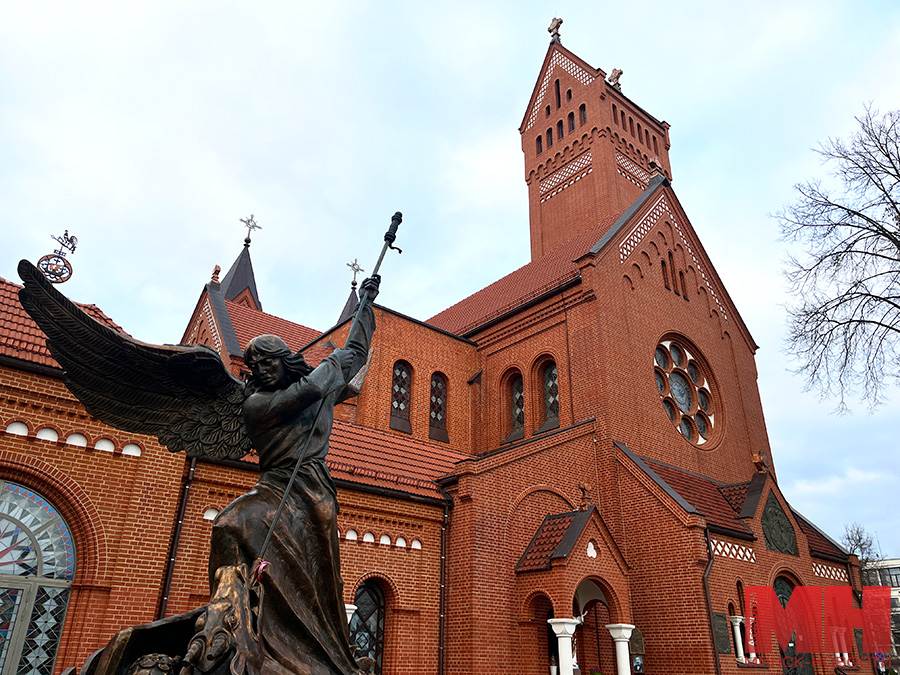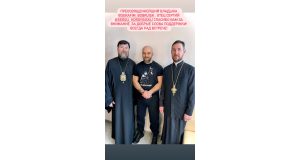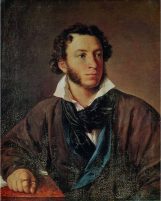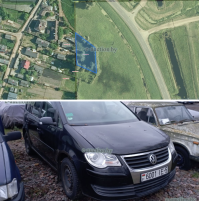Siarhei Tsikhanouski on violations of freedom of religion during imprisonment
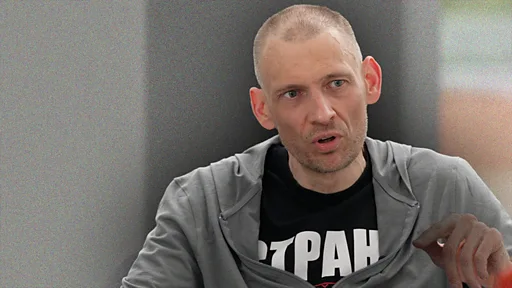

Арганізацыя"Хрысціянская візія"
Міжканфесійнае аб’яднанне беларускіх хрысціян, створанае на хвалі мірных пратэстаў 2020 г.
Інфармацыя пра «Хрысціянскую візію» Аб'ява аб заснаванні групы Місія групы Іншыя артыкулы

“Christian Vision” closely monitors the observance of the right to freedom of religion or belief for political prisoners, documenting violations in our monitoring reports.
We spoke with Siarhei Tsikhanouski, recently released, about his experience.
— Were you subjected to any particular pressure, discrimination, or abuse in prison because of your religious beliefs?
Because of my faith, I was just mocked in prison — they don’t have faith in anyone there. They call themselves religious people, sometimes go to church on Easter. But at the same time, they all smoke, swear constantly, bully people, etc. They simply didn’t believe me. None of them.
— When and under what circumstances were your religious items (a cross, prayer book, Holy Scripture) confiscated? Did you ask for a prayer book or Holy Scripture?
Yes, I did ask. But I also asked to have my eyesight checked and to be given glasses — my vision had deteriorated badly, and I could hardly read anything, including the Bible. Denial of medical care effectively deprived me of the ability to read religious literature.
In general, I had a Bible almost all the time, except during the last year or year and a half, when books were banned in the cell — and, of course, in the punishment cell. Over the last year and a half, I was not allowed to have the Bible from my personal belongings — allegedly, the rules about books had changed. They said: only take what’s available in the library.
At first, my cross was not even taken away in a punishment cell. Later, they started confiscating it there, although it was small and wooden. It was allowed in the regular cell but not in the punishment cell.
At first, I had several icons with me — that was allowed. Then they made me choose only one. So, in the end, I had only the Kazan Icon of the Mother of God — and nothing else.
— Were there any other ways to access religious content?
There was a radio — the radio is always on in prison. On weekends, I think on Saturdays and Sundays at 10 a.m., there were even some programs. Sometimes Catholic masses, and the Orthodox ones were usually reflections by priests, about 30 to 40 minutes long.
On big feast days, you could even hear church singing. But my radio didn’t work for about a year and a half. Then, during the last year or so, they came and said, “Tsikhanouski should have what everyone else has.” They fixed my radio and turned it on, and it started working again.
— How did you seek to exercise your right to freedom of religion?
I constantly wrote petitions requesting a meeting with a priest, but they were ignored. Then I ran out of paper and pens — I had nothing to write with. So I started making oral requests during rounds, and whenever I managed to get paper again, I resumed writing. This irritated the administration — they shouted at me, threatened me with SHIZO and with extension of my sentence. It was clear they were not allowed to grant these requests.
— What responses did you receive from the administration of the colony or pre-trial detention center regarding requests for a meeting with a priest?
In more than five years, I was never once given the opportunity to confess or take communion. One time, around 2023, one officer on his own initiative allowed me to speak to a priest, and we arranged for confession and communion in two weeks — but I never saw that officer again. The deputy head of Prison No. 8 for correctional work (Lieutenant Colonel Bystritski) was told that a priest could not be allowed to see me. Later, he and other officials said the priest didn’t come himself because he was “busy transferring apartments from inmates serving life sentences onto himself,” and that I was “of no use” to him.
— Are you aware that in earlier years it was possible to subscribe to religious publications in prison? Did you try to exercise this right?
Back in the pre-trial detention center, they told me I could only subscribe to the newspapers SB and Respublika, but even those weren’t always delivered. Later, there was no money in my account, and I couldn’t subscribe to anything.
— Do you know anything about other political prisoners who are believers?
In 2023, my lawyer, who also represented Pavel Seviarynets, said that Pavel was allowed to receive communion in the colony. But I wasn’t.


